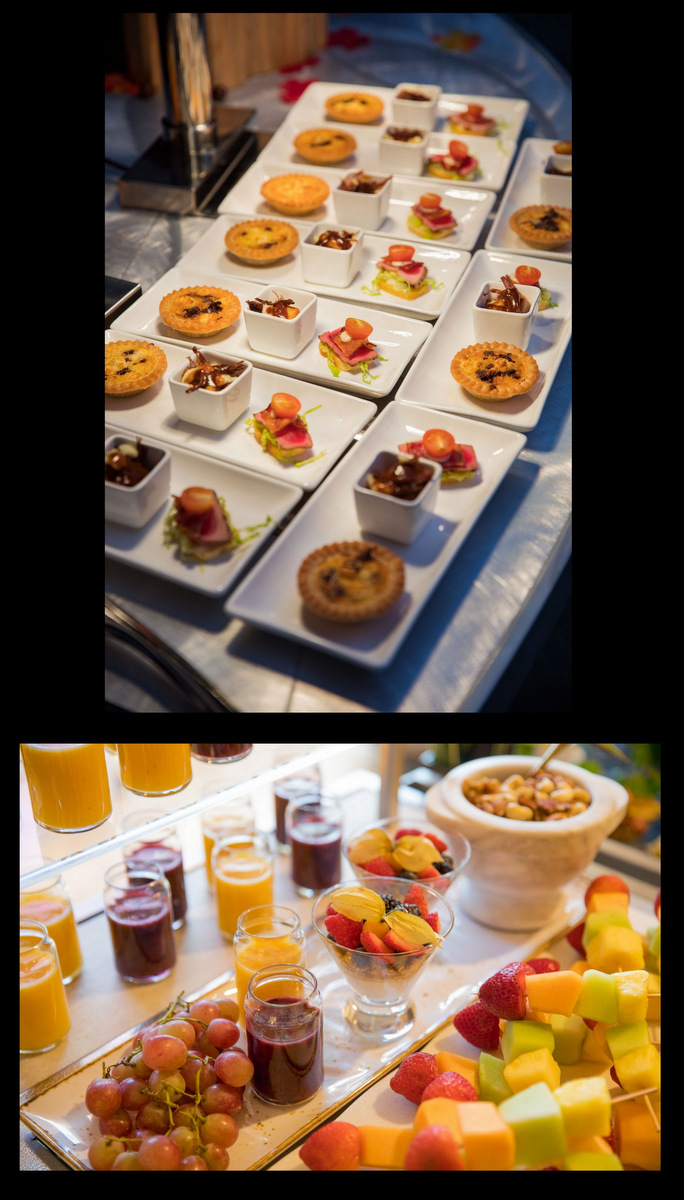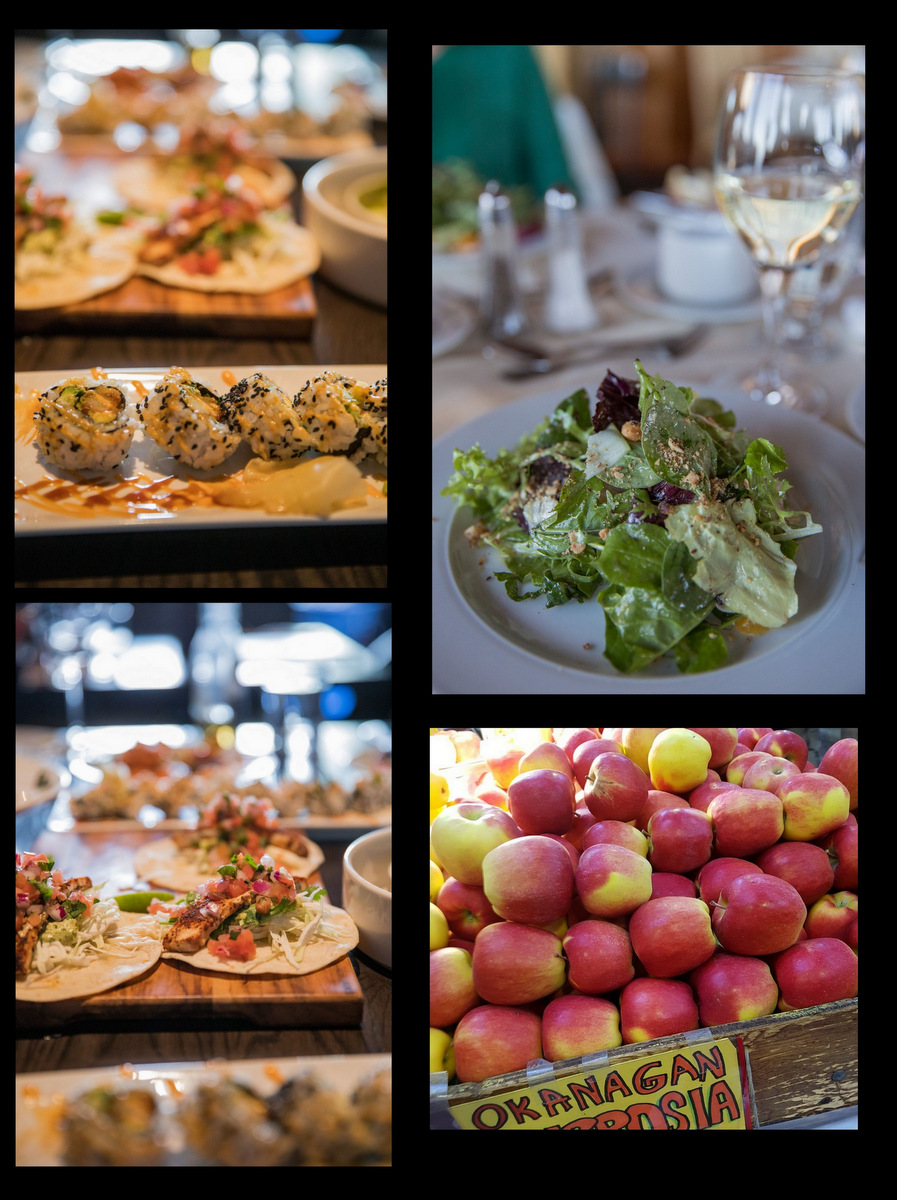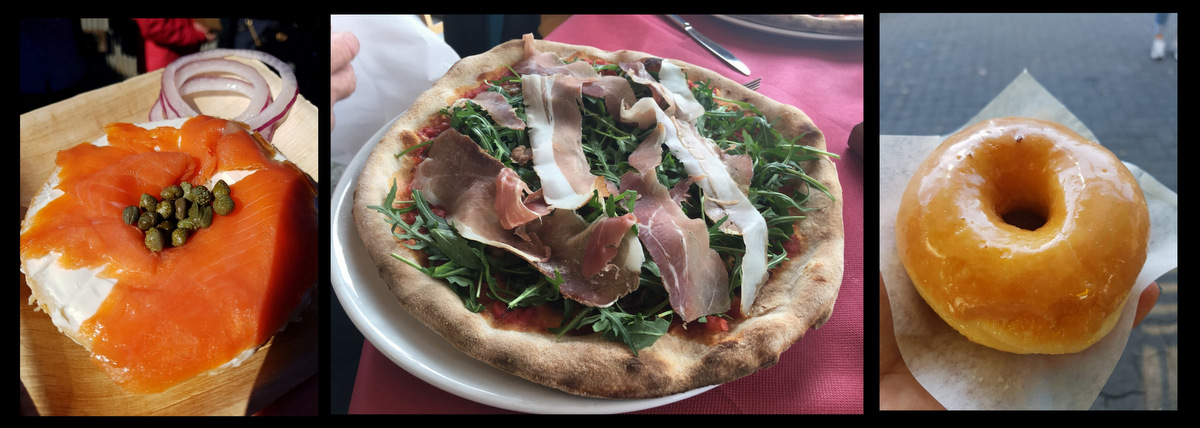UK Events Industry Value, influence, and more
This month’s headlines underline the growing economic and political significance of the UK events sector, from record-breaking industry value and global confidence to renewed focus...

How to handle delegates with special dietary requirements for menu planning

We are all experiencing more special dietary requests from attendees at our events, so I’ve taken a look at some ideas of how to handle them to create that perfect menu choice.
There are increasing numbers of people who have special dietary needs such as specific food allergies or intolerances or a health condition. An allergy can be caused by the immune system reacting to an ingredient and an intolerance is a reaction to the food or certain chemicals. It’s thought that around 20% of the UK population is living with a food allergy and 600,000 (1 in 100) with coeliac disease. There isn’t a cure for a food allergy or intolerance so the only way to manage the condition is not to eat the food. The Food Standards Agency has said that more adults are having allergic reactions to food because of the peer pressure to try different cuisine, take risks with foods they are unsure about, and not admit to known allergies due to embarrassment.
Many religions and cultures follow food customs and laws. Meat is often avoided and these preferences can often be catered for with good vegetarian or vegan options.

More people a choosing a special diet for health and environmental reasons. Animal welfare has always been a concern and we are all used to vegetarian menu options. In 2018, 168,542 people signed up to Veganuary and it is estimated that there are more than 3.5 vegans in the UK. For ‘clean-eating’ reasons people are cutting food groups from their diet and this is a growing trend.
The Wellcome Collection’s conference centre has announced that it is trialling an innovative new allergen system to offer inclusive dining for all. Delegates will be able to view allergen guides on the digital screen and upload menus to their phone via a QR code. They can then browse menu items and discover more about each dish, including the all-important allergy information without having to ask. This will ensure that the food they choose meets their dietary requirements.
For meetings and event planners, special dietary requirements present significant challenges when planning a menu. So, here’s our checklist of four things to consider when discussing food choices with hotels and venues.

You may think that a varied menu for 600 guests will avoid some of the possible dietary issues, but you also need to consider what impact it could have on the kitchen. If guests see a dish being carried to a nearby table of something they’d prefer, it’s amazing how quickly they remember a forgotten meat allergy, just so they can switch to their favourite sea bass. At a hotel or venue, the catering staff have to treat everyone the same so if somebody says they’ll be ill if they eat a certain dish, that must be believed and dealt with accordingly.
The advice from Executive Chefs is to select the best possible menu for the majority of your guests and don’t worry about the CEO who doesn’t like mushrooms or is gluten free. An experienced catering team will handle individual exceptions professionally, leaving you to focus on creating the right impression with exciting food for the majority.
Ensure that you’ve done everything within your power to communicate to guests that, should they have a food allergy, they can discuss it in private with a senior member of the catering team or make staff aware with the use of a table card. Ideally, you want to focus on medical requirements rather than food preferences and be aware of the sensitivities of early-stage pregnancies. If you’re planning a buffet, all foods will need to be labelled clearly with the correct dietary information.
Most venues prepare for the unknown by catering for an additional 10% of guests who change their mind or reveal food allergies. Check this with your catering team and increase it if necessary. If someone has a serious allergy to an ingredient such as gluten or nuts, their meals will need to be prepared in a completely separate area of the venue or bought in from the outside. It is safer to assume that the kitchen is already contaminated.
